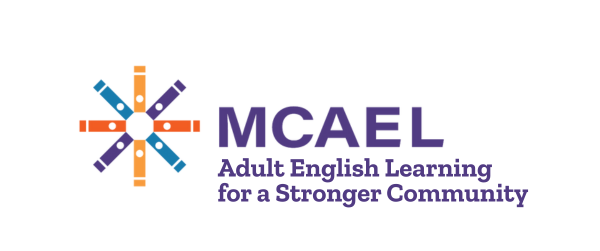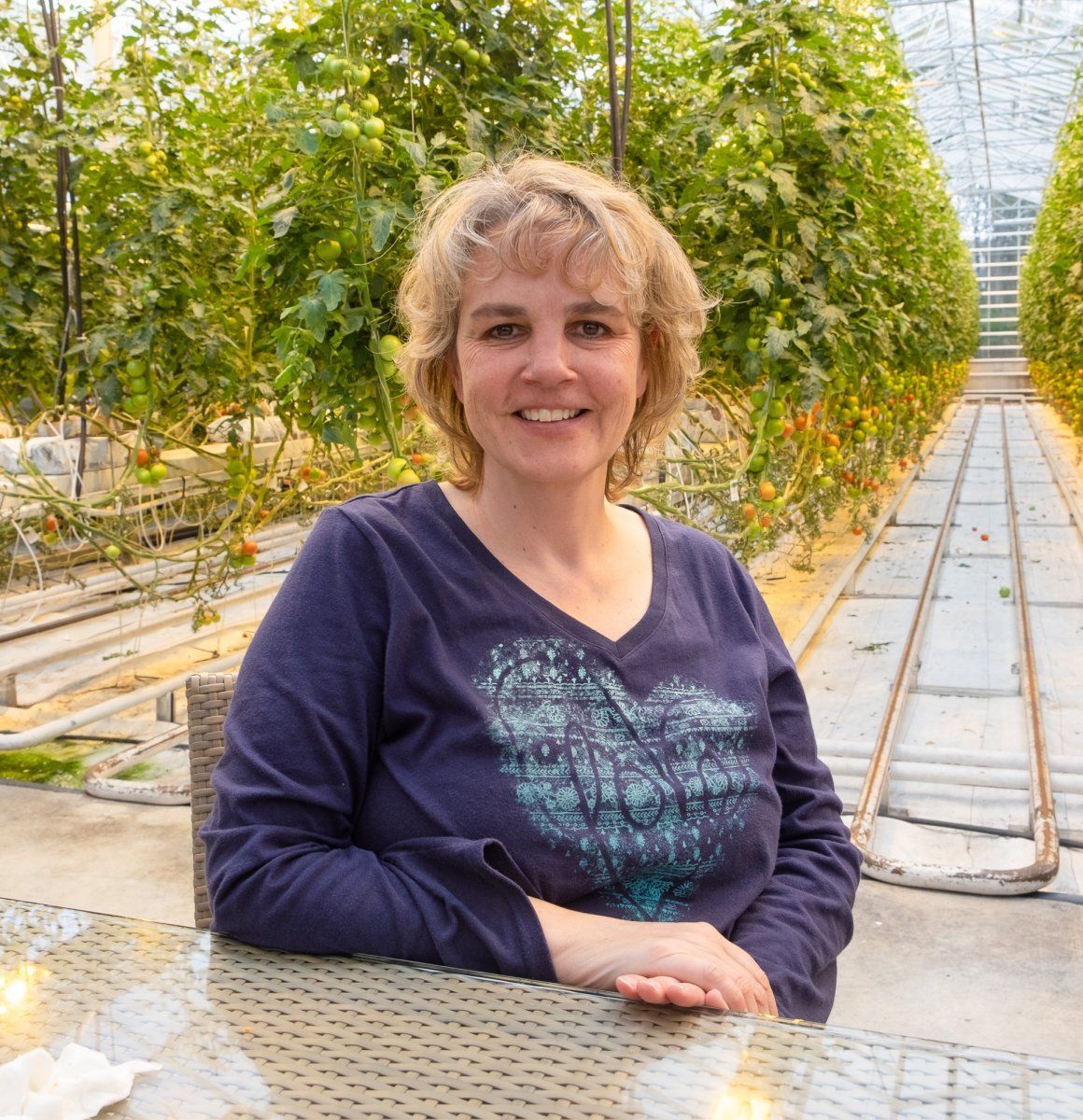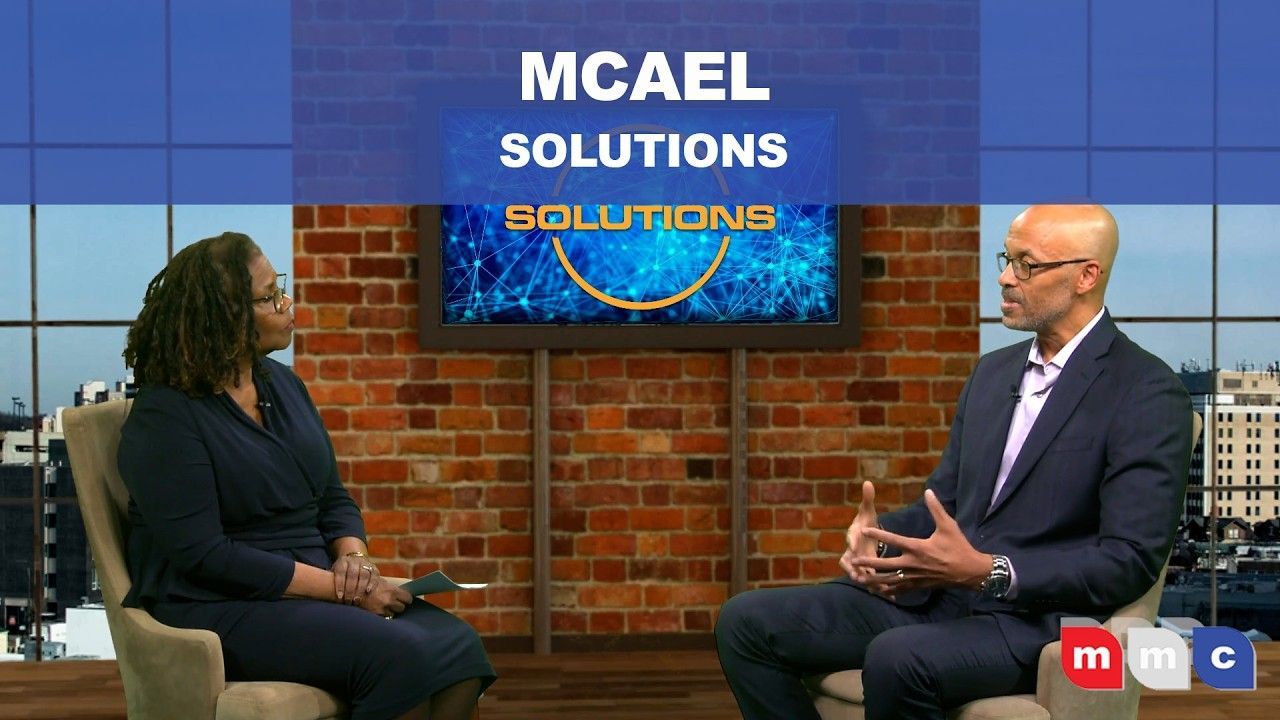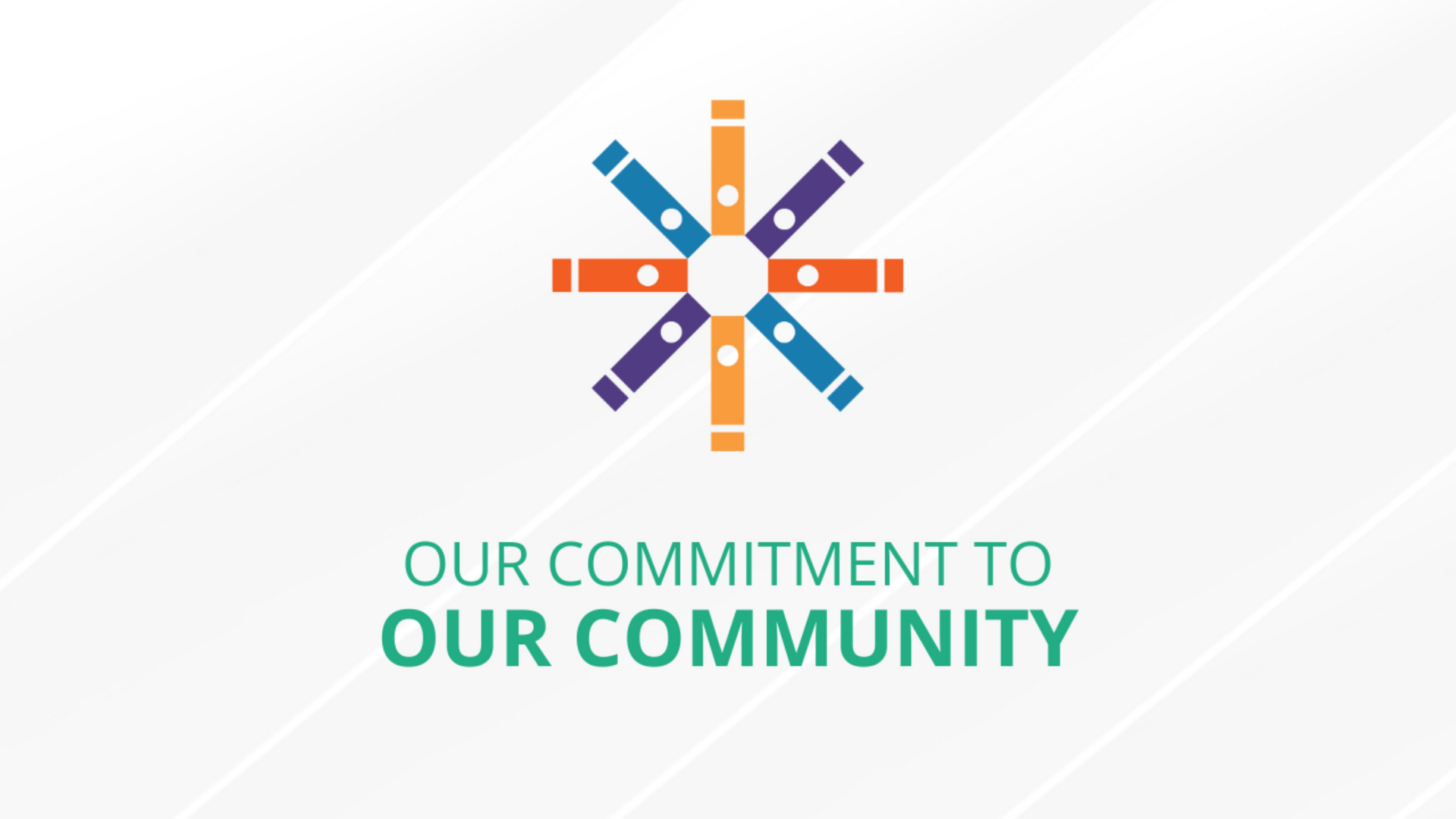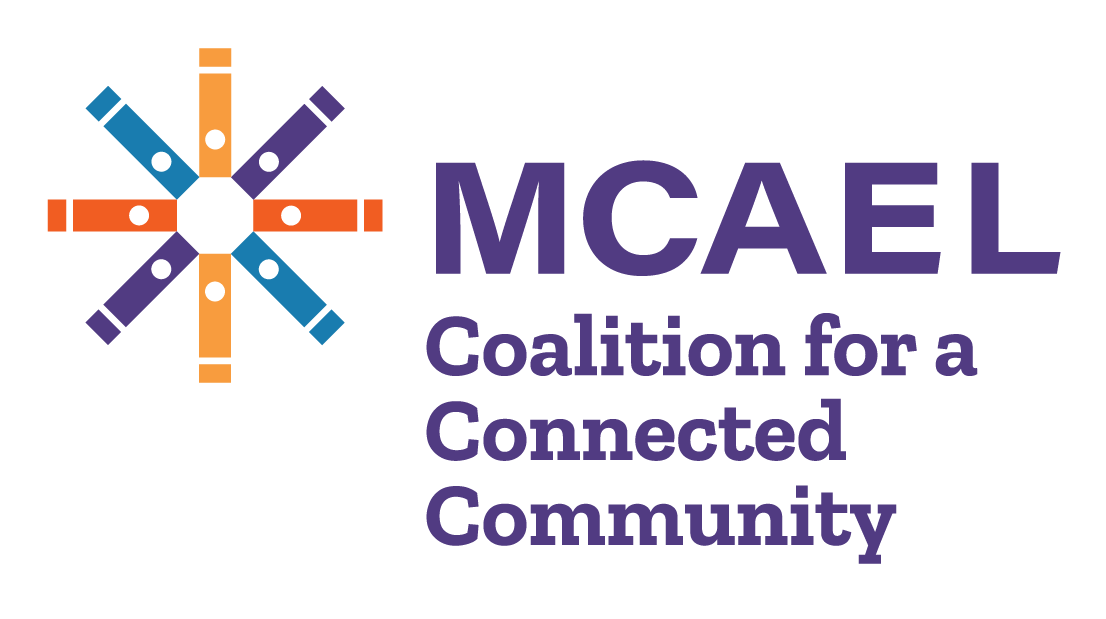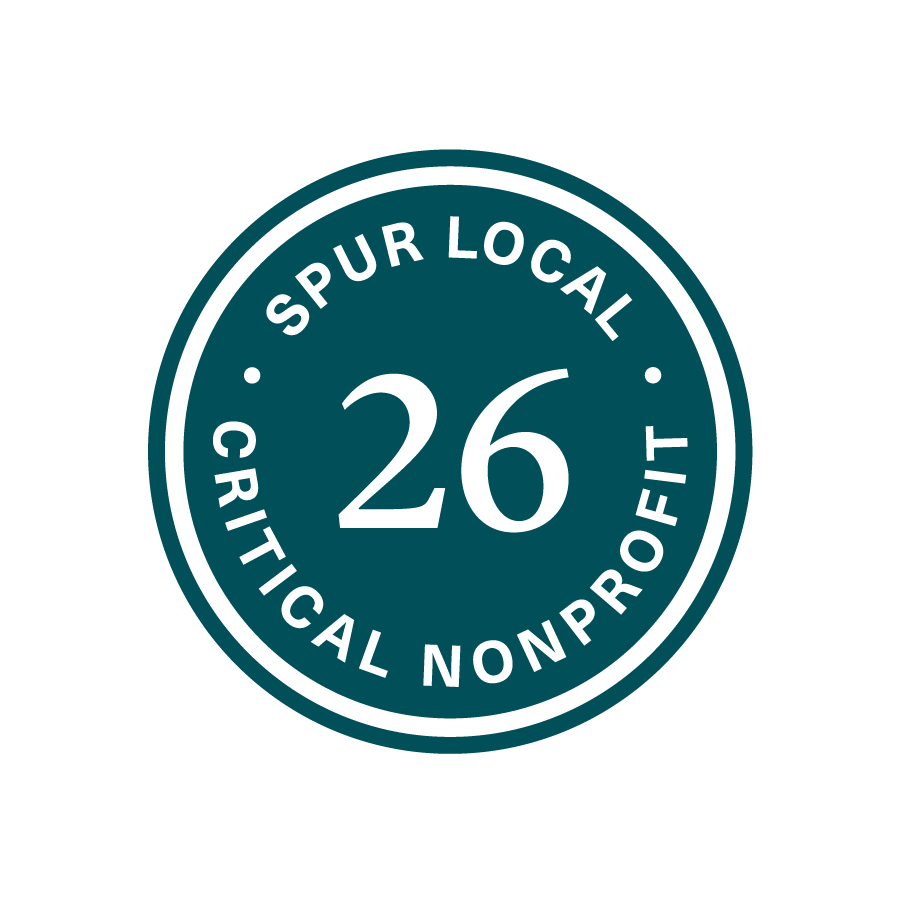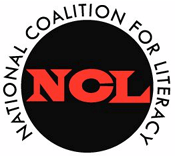Tell us a little about yourself and what was your entry point into Adult ESOL.
My name is Pam Wilbur. I grew up in Massachusetts and have lived in Maryland for the last 30 years. I spent 15 years working on trade issues for the federal government and left the workforce for several years to raise my son. When he reached school age, I started to volunteer in our church’s ESOL program. Over a short period of time the program grew rapidly, and this led to a new job as the program’s director.
Where are you now teaching (or working as an ESOL provider) (at what levels and for which organizations)?
I am the program director for Covenant Life Church’s ESOL program. We hold English classes at South Lake Elementary School in Gaithersburg, and teach classes to SLES parents and other community members that live close to the school. Covenant Life has been teaching English classes at SLES for the last 9 years, and our volunteers have taught over 1300 students in that time. I am not an ESOL teacher, but rather serve as the manager and “details” person for our program.
What unexpected successes or previously unknown capabilities have you and the learners you serve experienced during the pandemic?
Our teachers had no experience – zero, zip, nada! - with online teaching prior to the Covid lockdowns. Some of our volunteer teachers were very, very hesitant to continue teaching their classes using Zoom. But I was amazed and encouraged by the ones who said “yes” to tackling Zoom and taking on this big new challenge. And they were successful! - teaching 127 students online in the FY21 school year. We count this as a big success for the program and for our students. Also, the pandemic, and the move to online teaching, allowed us to teach and continue relationships with students who had moved out of the area. Students and teachers got a lot of joy from this, and were very grateful for this unexpected benefit in a difficult time.
What role do you play in MAG?
As a member of the MAG, I serve on the Conference Planning Committee, helping to plan the upcoming MCAEL conference, and on the Learner Leadership Advisory Group Committee.
What do you find most rewarding about your work?
As a church-based ESOL program, we have the opportunity to show “faith-in-action” by welcoming and serving the “stranger” in our midst (which is how some bible translations refer to immigrants). It is very rewarding to have the opportunity to express my faith through service and to work alongside our group of volunteer teachers and assistants. It has also been very rewarding to watch our students struggle, learn, and then succeed. We have had the opportunity to see students put their English skills to good use, getting better jobs because of improved English, working out problems with landlords and employers, and becoming U.S. citizens.
What brings you joy outside of your professional life?
I have a husband and 19-year-old son and they bring me a lot of joy. We enjoy traveling together. We are also committed Star Wars and Marvel nerds. I am also a photography hobbyist and love getting the perfect shot. Finally, I took up making paper flowers during our COVID lockdowns, which I enjoy very much and find both challenging and relaxing.
